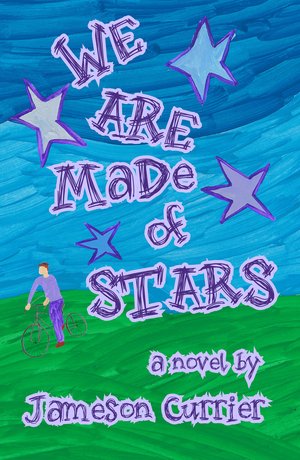At one point, the speaker offers readers a quick framework for his musings, saying that this “story is a memoir in the form of a novel pretending to be a memoir.” After a life spent in Manhattan, where he faced the deaths of many friends from complications from AIDS, the gay storyteller and wanderer moves to a smaller college town and begins to work at an architecture firm. Conversationally, he reveals details of his personal relationships, both in the city and in his new space. Some involve the tragedies of friends, while others limn narcissistic lovers and companions. Readers catch glimpses of his past aspirations to be a writer. Set during an era of epidemic, the novel effectively describes how a missed phone call from a friend could be a missed chance to say goodbye. In lighter moments, though, it describes a narrator who can’t help telling stories but also expresses frustration about how he spends little time writing. As readers hear tales of friends gone too soon and failed attempts at love with cheaters or people soon to die, they effectively catch glimpses of how they shape the narrator’s outlook and sense of self. The book is filled with compelling characters and its well-paced storyline gives the impression that the novel is just a start; there could easily be another engaging 200 pages about what happens next. The revelations are hopeful, as when the narrator discovers his role in finding love: “My expectations changed when I realized I was not as honest and truthful and trusting as I wanted another man to be.” Overall, it’s a relatable work that gives a voice to a period of suffering.

